Educational Subjects
Our curriculum is an International curriculum accredited by the Turkish Ministry of Education and fully accredited by well-known international accreditation agencies from the Cognia Foundation.
Our educational programs are designed to offer students a comprehensive and rigorous learning experience, utilizing high-quality resources that emphasize academic excellence, critical thinking, and global readiness. The high school curriculum includes diverse fields of study such as general science, humanities and social sciences, commerce and economics, computer programming, engineering, and medical sciences. These programs aim to prepare students effectively for admission to both national and international universities.
Grade 11 and 12 elective course programs with a selection of courses to choose from in the fields of Art and Design, Computers, Business, Humanities, Engineering, and Medicine.
Literary and Humanities materials selected from the best Arabic and Turkish curricula, in addition to a special curriculum for Islamic education for all stages in Arabic as well as English.
In addition, at grade 11 level, students choose the elective courses based on their interests, guided by the academic team to enable learners choose the field which could be most beneficial for them in future. Students can choose courses for Engineering, Medicine, Psychology, English literature, History, Business or Art and Design in grades 11 and 12. We have AP courses introduced as well to support students prepare for the university admissions and get an edge in the admission processes.
Our English and Math curriculum is shaped to prepare students for SAT exams and additionally we arrange preparatory classes and mock SAT exams to give our learners a chance to fully understand SAT exam settings and learn the skills to do well and score high in these exams.
Our English Language curriculum focuses on a blended experience of systems, skills and technological and situational learning.
A standardized placement test that checks students' theoretical and communicative competence is conducted. Levels are regularly reviewed to ensure that students are given the opportunity to progress.
Within the classroom, we focus on the four systems: lexis, grammar, pronunciation and discourse, but using the communicative approach, whereby the emphasis is on students activating their theoretical learning within the two productive skills; speaking and writing and honing the receptive skills; listening and reading.
We regularly test students' learning, focusing on communication in interactional and transactional spoken situations.
We supplement the classroom learning with a strong technological focus, as well as with excursions and activities that are carefully designed to provide a platform for engagement, interaction and communication.
* İhsan Schools is not a registered Cambridge International centre and is not affiliated with Cambridge University Press & Assessment
We regularly update our curriculum contents to keep core content relevant to modern-day under-18 students and with current issues and affairs, to ensure that students are fully engaged.
We also ensure that there is plenty of opportunity for student-led learning, with suggestions for subject matter feeding into our annual curriculum review.
In terms of language, we offer two separate courses, depending on whether students are native or non-native Arabic speakers. For native speakers, we focus on grammar, writing skills and linguistics, while we also run a levelled curriculum for L2 Arabic speakers, with a range of focuses, from every day communication to bridging the gap between understanding and fluency.
We evaluate all students both pre- and upon enrollment through a placement test and face-to-face communication, to ensure that they are on a course that best matches their skills and levels of confidence in the core subjects. Formative and summative assessments are an integral part of curriculum planning to support students throughout based on the results.
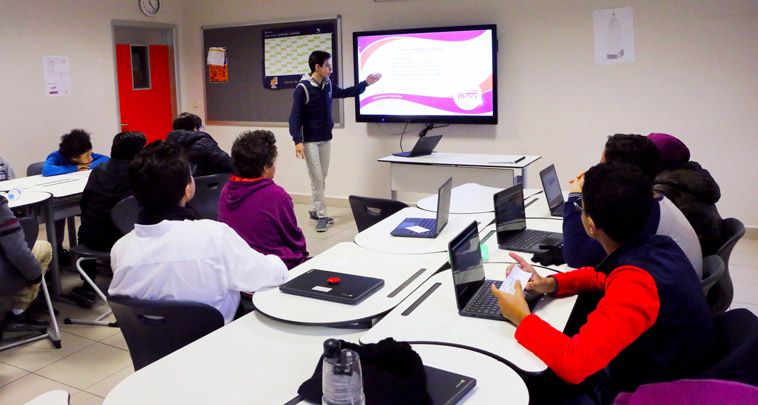
The quality of teaching and lessons
We employ and develop inspirational teachers who have a genuine enthusiasm for teaching children of all ages.
Our aim is that the children will remember our teachers and will be inspired by them to be the best they can be when they leave Ihsan International School. In line with our school's educational beliefs, teachers encourage the discussion of intercultural issues in order to raise awareness of the need for cultural as well as linguistic fluency.
Students are encouraged to talk about themselves and to learn about their fellow students. There is also an emphasis on creating more independent learners, introducing out-of-class activities to supplement their classroom learning and enabling the learners to continue their progress on returning home.
Our lessons are diverse, with variety both in teaching approach, lesson content, dynamic and static classes, systematic and skills classes, and interactions with technology, in groups and outside the physical classroom.
We are committed to continuously improving and updating our methods; and our academic management team keep up-to-date with the latest pedagogical developments, and we review the curriculum annually, with management, teacher, student and parent input to ensure that we match the excellence that we expect from our students.
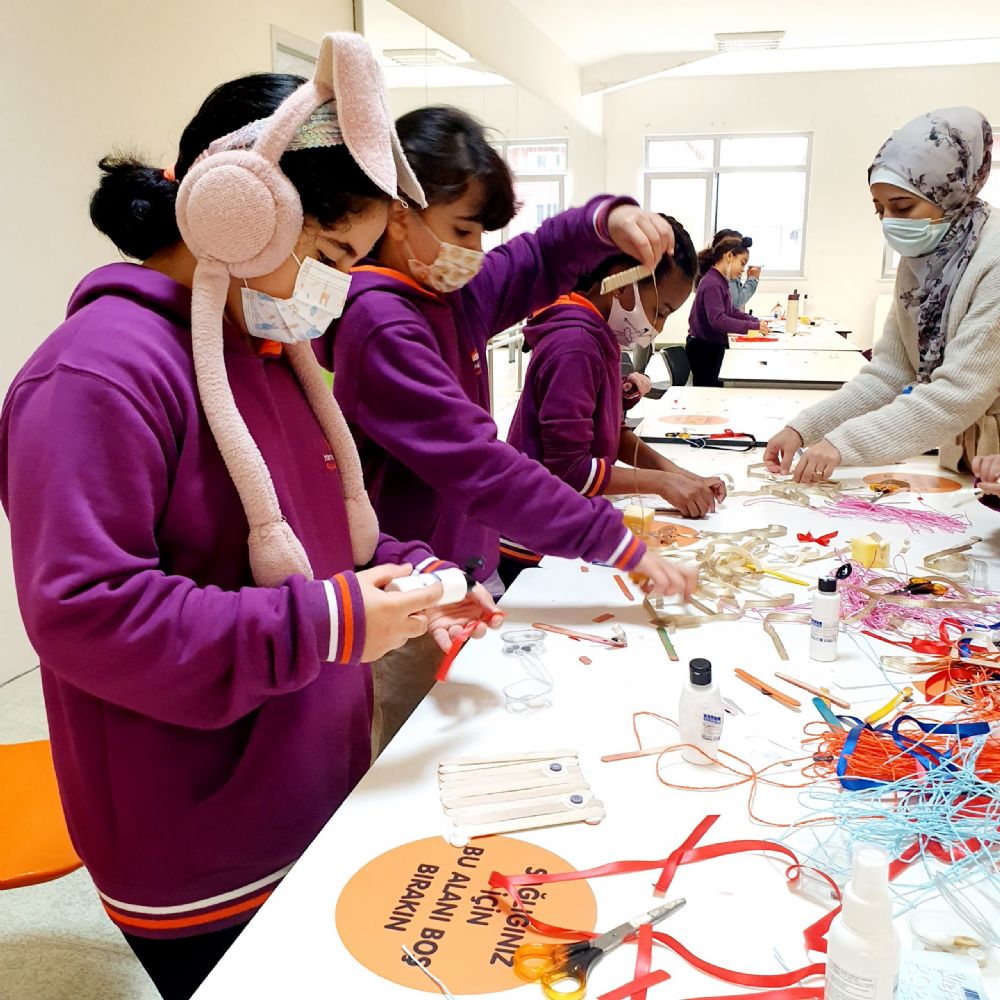
Teaching Methods
At Ihsan, our teaching methods are geared towards helping students realize their own potential. It is the ability to perceive one's own progress that builds confidence and has a positive knock-on effect on performance, so our main goal in an educational setting is to provide students with the skills they need to perform certain tasks better than they were originally able to do so. For this, we adopt a task-based approach, with plenty of chance for creativity, interaction, scenario-based training and physically active sessions.
In traditional curricula of previous eras, students would be seated in front of a course book, engaging in rote learning, but this is neither motivating nor yields the best results.
The Ihsan way is variation and our teaching methods are designed to get the most out of students and unlock their potential.
For this reason, teachers focus on facilitation, using their excellent classroom management skills to set up scenarios and activities, then they step back, observe and allow learning to take place, before offering feedback, improvements and tweaks to student behavior, so that when the task is repeated, the level of success increases and students can clearly perceive and value their success.
This methodology also allows teachers as observers to collect more data and notice the deficits that individual students have more effectively, which feeds into individually honing future classes to respond to student needs more efficiently and effectively. We encourage our teachers to engage in action research in classroom to continue to advance their teaching skills and help students learn the best they can.
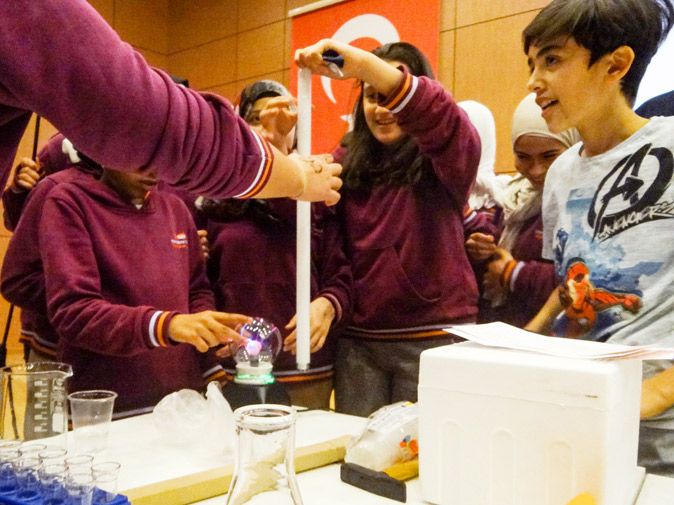
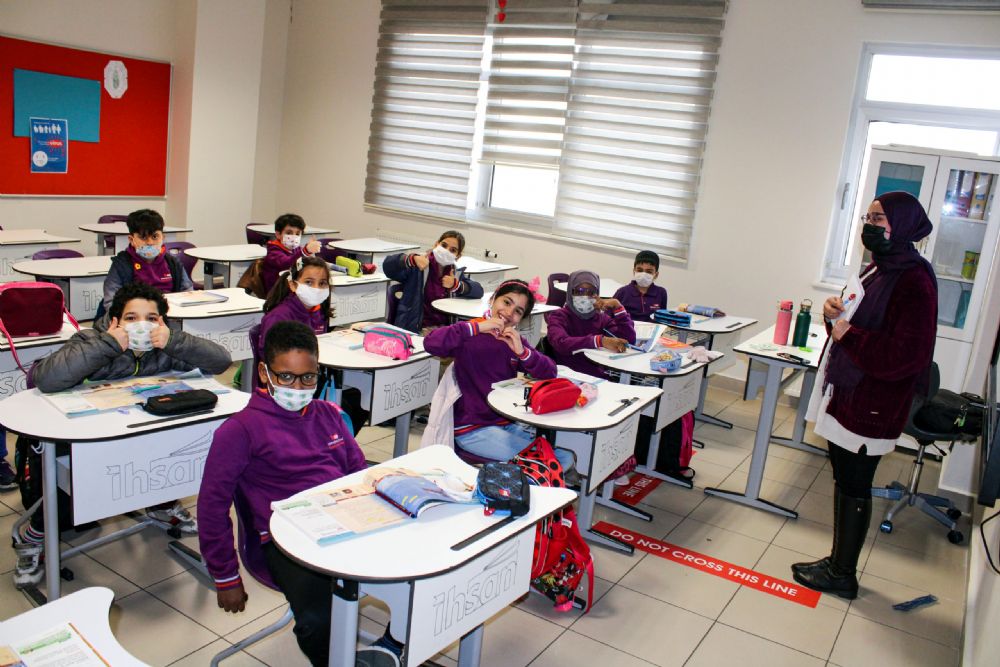
Home-School Agreement
Our home-school agreement is designed to help parents understand the way in which the program works at Ihsan, and what our expectations are in terms of involvement. Similarly, it also clearly explains our role in child safeguarding as well as educational development, and the day-to-day program.
As with our other policies, we are focused on individual situations, so no two agreements are the same. We understand that different families have different needs, so the wording and content of the agreement is negotiable on enrolment. We ask parents to sign the agreement upon registration, so that all roles and responsibilities day to day are set in stone, but we of course review these regularly to ensure that we meet any changes in circumstances or needs.
Learning Environment
Classes at Ihsan are centered around opportunities for active learning. One of the main principles of this is allowing students the time to think about their actions, responses and their own progress, and our teachers are trained in being more hands-off during these times.
Active learning also involves several types of interaction pattern, from pair work to seminar-style discussions, with students being encouraged to evaluate the input of their peers, rather like in a university environment. This develops their Higher Order Thinking Skills, preparing them for tertiary education environments.
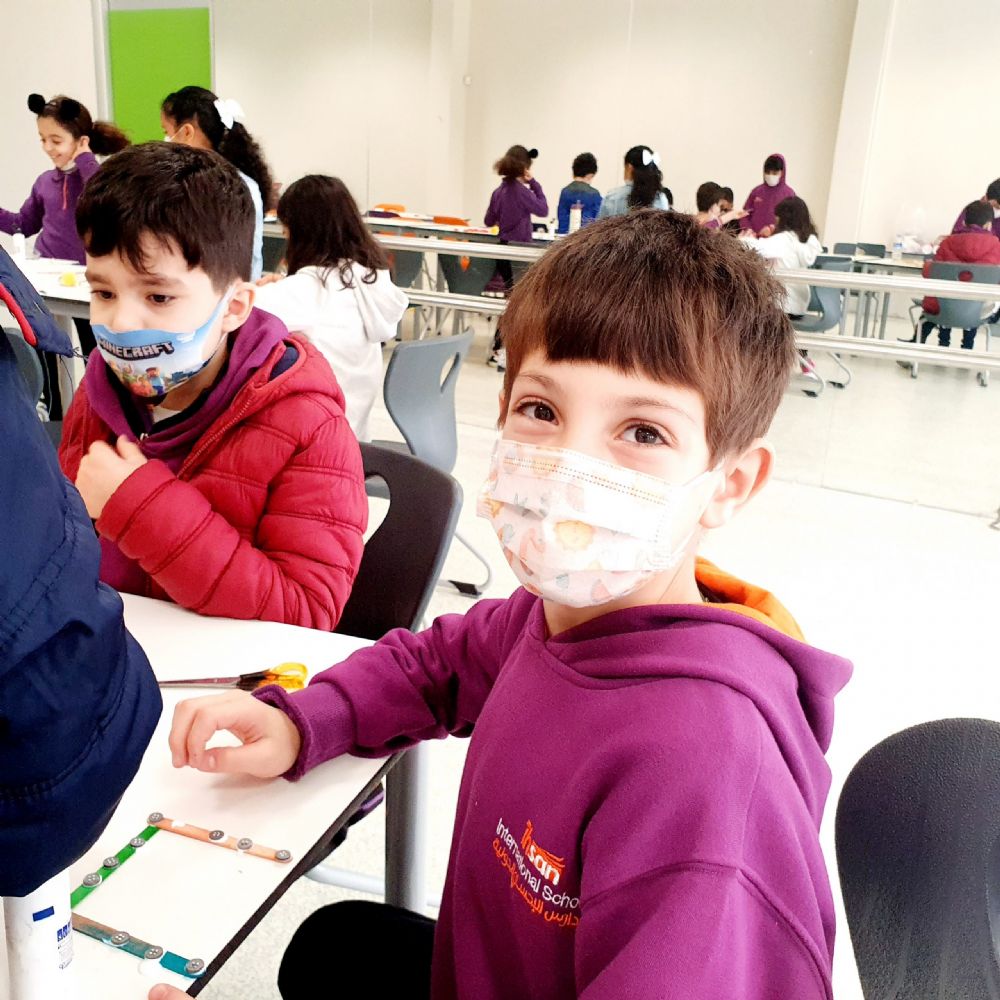
Students are encouraged to question others and the teacher, as much as they question themselves. An important aspect of education is developing a critical eye and learning and not to blindly take information at face value.
Through group learning, students can learn from each other as well as actively contribute to a team effort. This uses a greater variety of skills rather than a typical individual, rote learning environment.
All learning and consolidation are done through contemplation and skills focused in the classroom; as this is the case, there is no need for homework at Ihsan. We help students use that time more effectively to experience a range of activities. Project learning however is encouraged and some post class projects, mostly in groups, are given to assess students' learning and to give them a chance to excel. Teachers at our school facilitate task-based teaching and learning so the focus is always on the learner.
The teacher in our classrooms is a facilitator, providing input where necessary and setting up a range of activities in which students can participate, contemplate and reflect autonomously.
Target Students
Our main school, K1-12 targets national and international promising students with a strong focus on multiculturalism. We currently have 35 different nationalities in our classes.

